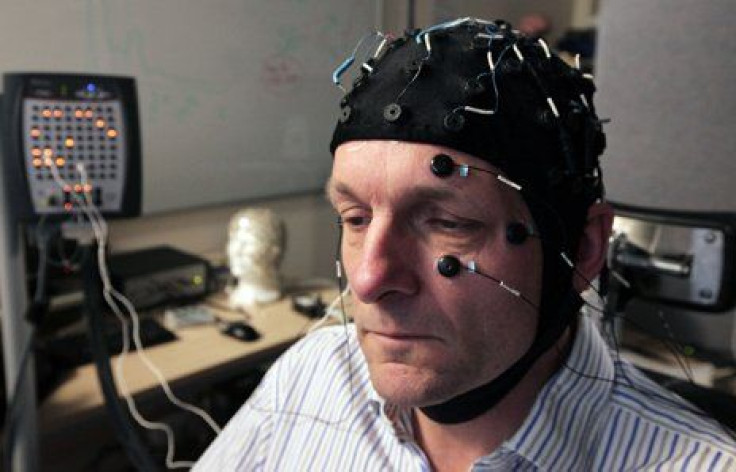How Pessimists Become Optimists: The Science Behind Affective Mindsets And Overcoming Negatives Biases

The debate in psychology circles over nature versus nurture has headed in different directions over the years. Like in many disciplines, the savvier and less controversial players are inclined to say that our behaviors function as a mixture of both. In a handful of recent studies, scientists have applied these genetic fluctuations to matters of life outlook, posing the question: can we actively change how we see the world?
Studies involving optimism and pessimism come in two parts. The first part asks an important background question of how these frameworks come to exist. Once science answers that question, the second part asks another, namely, how can we use that knowledge to make the necessary adjustments in our own lives? Can we harness the forces that keep us mired in pessimism, and if the world seems to cheery, learn to remove our rose colored glasses?
The Twin Test
Professor Tim Spector, based at St. Thomas' hospital in London, has been performing research for a number of years on twins, in order to learn how epigenetics — the study of gene changes via environmental factors — influences their behavior.
How is it, Spector asks, that twins with nearly identical genes grow up to be radically different people? The answers, he's found, comes in the way our non-genetic personality traits either dial up or down, as with a dimmer switch, through the process of epigenetics.
Spector considers the identical twins Debbie and Trudi. They both have a lot in common, except that Trudi maintains a positive outlook on life and Debbie is prone to bouts of depression. Spector wondered why. He has since found a handful of genes that are switched on in one twin but not the other.
"We used to say that we can't change our genes," Spector told BBC, adding that five genes in Debbie's hippocampus are believed to be what caused her depression. "We now know there are these mini mechanisms that can switch them on and off. We're regaining control, if you like, of our genes."
The upshot to Spector's twin studies is that our hard-wiring may be more malleable than we once thought. The genetic predispositions to see the world in certain lights, what neuroscientist Elaine Fox calls our "affective mindset," have room for plasticity. Our environments intensify certain genes' phenotypes and "dim" others, which, when considering optimism and pessimism, can be at once liberating and effortful.
Overcoming A Bias
Certain filters dictate the way we orient our affective mindsets, Fox said. People with negative biases tend to pessimistically attach a grim slant to a situation, where people with positive biases unnecessarily cloud the situation with optimism. Fox said these biases are controllable; once we become aware of their presence, we can change them if we so choose.
BBC Medical reporter Michael Mosley acted as the guinea pig for one of Fox's studies on negative bias. Mosley got hooked up to an electroencephalograph (EEG) so Fox could see where the majority of his brain activity was located. Results showed his right frontal cortex lit up the most, a region whose activity associates highly with pessimists.
Fox then had Mosley press a button whenever he saw dots flashing behind a face being displayed on a computer screen. Mosley was told not to focus on the faces, just the dots.
"Sometimes there was an angry face near the dots, sometimes a happy face," Fox told Mosley after the test. "Your response time to the dots was faster when they appeared near the angry face." These results suggested to Fox that Mosley had a negative bias.
"The reason you were faster is because your attention had already been drawn to the angry face, even though you may not have been aware of that," she said.
In the end, Fox recommended that Mosley undergo mindful meditation and try a short course on cognitive bias modification (CBM), in order to channel his affective mindset away from negativity and toward more positive thoughts. Given the added health risks of stress and anxiety on a person who's overly pessimistic, Mosley resolved himself to Fox's suggestions.
His decision to actively become more optimistic happened as a direct result of a two-part affective mindset. Once science understands what hope our personalities have of changing, the more we can feel empowered to change them. For Mosley, that change was a no-brainer.
"As for me," he wrote, "after seven weeks of doing mindfulness meditation and CBM I felt much calmer and returned to Prof Fox's lab for more tests. The results were extremely encouraging."
"It seems that even later in life you can change your outlook," he added. "Even for the pessimists, that should be worth celebrating."



























